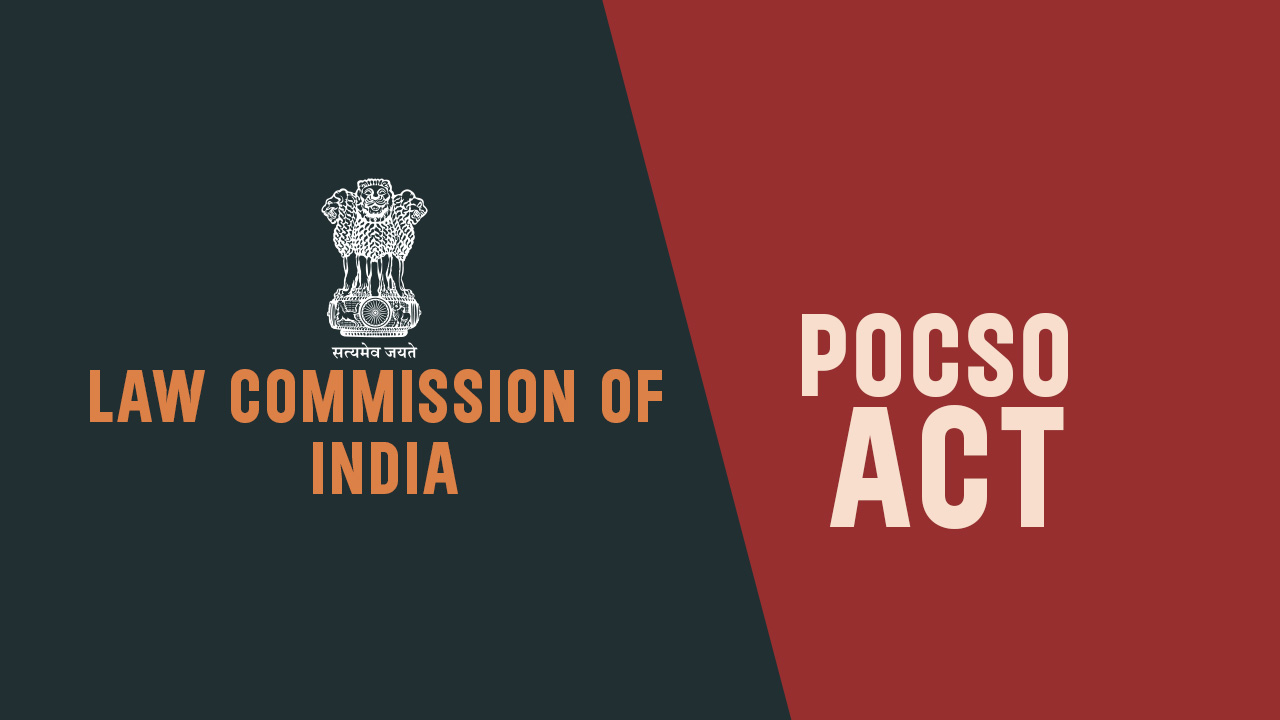By Ishika Kumar, Pune
The Law Commission of India has advised against changing the current age of consent under the Protection of Children from Sexual Offenses Act (POCSO) of 2012. The report, titled “Age of Consent under the Protection of Children from Sexual Offences Act, 2012,” was submitted to the Ministry of Law on September 27, 2023, and released to the public on September 29, 2023.
The Commission has recommended retaining the existing age of consent under the POCSO Act, emphasizing the importance of a careful review of child protection laws, legal judgments, and the systemic issues of child abuse, child trafficking, and child prostitution in society. They argue against altering the age of consent. However, the Commission acknowledges the need for amendments to address cases where there is implicit approval from children aged 16 to 18. They recommend the introduction of “guided judicial discretion” in sentencing for such cases. The report was prepared after consulting with various stakeholders, including the National Commission for Protection of Child Rights (NCPCR), former judges, lawyers, child rights activists, NGOs, and academicians. The Ministry of Law supports the need for changes in the POCSO Act and the introduction of judicial discretion in sentencing to protect the best interests of the child.
The Commission received a reference from the Karnataka High Court to reevaluate the age criteria for consent due to the rising number of cases involving minor girls above 16 years attracting provisions of the POCSO and the Indian Penal Code, 1860. Similarly, the Madhya Pradesh high court asked the Commission to investigate how the current enforcement of the POCSO Act leads to “gross injustice in cases of statutory rape where de facto consent is present from the girl child or where such a relationship has subsequently resulted in a marriage, with or without children.” The report argues against the automatic decriminalization of consensual sexual acts by persons above 16, stating that consent can always be manufactured. It also highlights concerns that any reduction in the age of consent may provide a safe harbor for child abusers.
The Commission suggests that only a “judicially trained mind aided by experts” can accurately determine whether a child’s consent was free from coercion, deception, fraud, or undue influence. They recommend discretion in cases where the accused has no criminal antecedents, exhibits good conduct after the offense, and where there is no undue force, coercion, or child trafficking involved. In addition, the report stresses that marriage and age of consent should not be considered mutually exclusive, as they often overlap in legal cases. The Commission aims to strike a balance between protecting children and avoiding loopholes that could enable child abusers to escape legal consequences.
These recommendations seek to maintain a fair and balanced legal framework while considering the complexities surrounding the age of consent and ensuring the protection of children.
